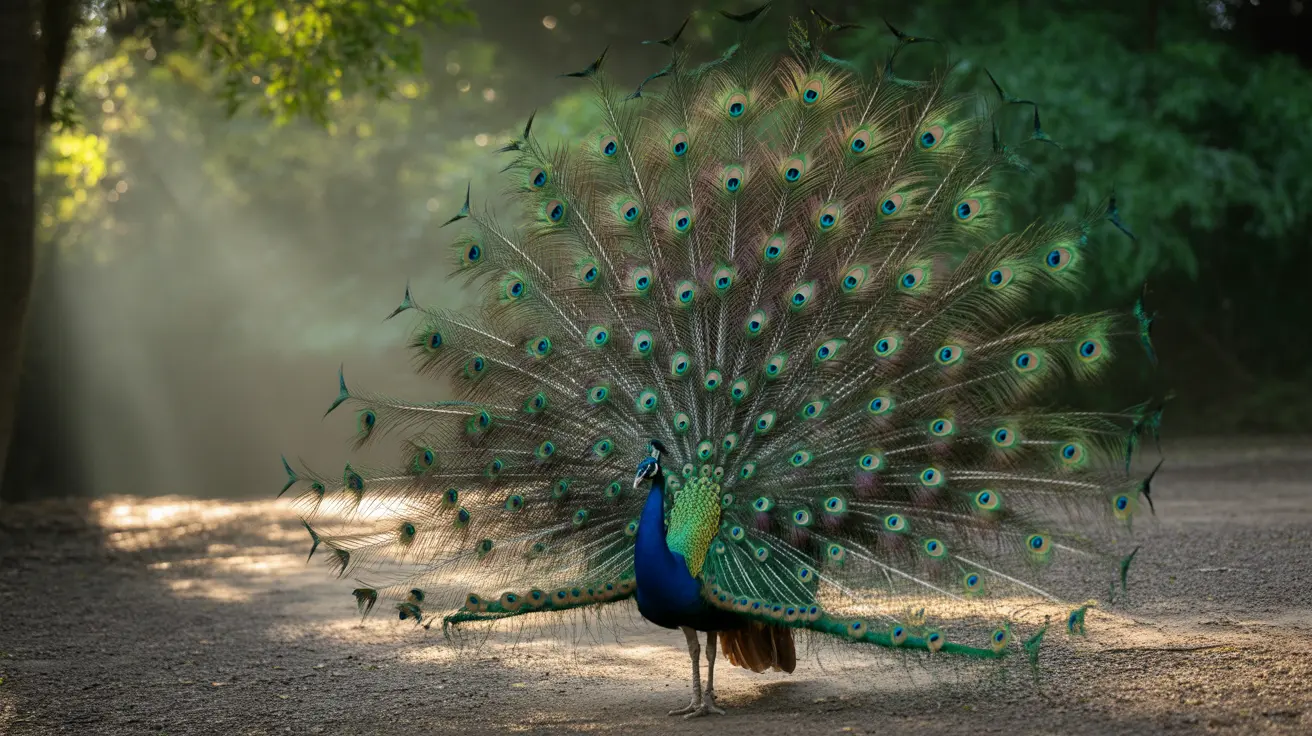The Axe Valley Wildlife Park in Devon, one of Britain's cherished small wildlife parks, has announced its permanent closure after serving the community for 17 years. According to an official statement from the facility, all animals currently housed at the park will undergo a carefully managed rehoming process, with emphasis placed on safe and responsible transitions to new facilities.
This closure represents a significant loss for Devon's wildlife conservation community and highlights the ongoing challenges faced by small-scale wildlife attractions in maintaining operations. The park's commitment to ensuring proper placement for all its resident animals demonstrates their continued dedication to animal welfare, even as they prepare to close their gates.
Impact on Wildlife Conservation Efforts
The closure of Axe Valley Wildlife Park adds to a growing pattern of challenges faced by small wildlife facilities across the UK. These institutions have traditionally played crucial roles in wildlife conservation efforts, providing both sanctuary for various species and educational opportunities for local communities.
Education and Conservation Legacy
During its operational years, the park served as an important educational resource, offering visitors direct experiences with wildlife and contributing to broader conservation awareness. Small wildlife parks often serve as bridges between urban communities and wildlife education, making such closures particularly impactful for local environmental education initiatives.
Responsible Rehoming Process
The park's management has emphasized their commitment to responsible rehoming of all resident animals. This process involves careful consideration of several factors:
- Ensuring receiving facilities meet proper animal welfare standards
- Maintaining appropriate habitat requirements for each species
- Coordinating with qualified wildlife sanctuaries and other accredited facilities
- Following UK animal welfare regulations throughout the transition
Animal Welfare Laws and Compliance
All animal relocations will be conducted in strict accordance with UK animal welfare regulations, ensuring each creature's well-being throughout the transition process. The park's commitment to "safe and responsible" rehoming reflects the stringent requirements of British wildlife protection laws.
Financial Pressures on Zoos
The closure highlights the economic challenges facing small wildlife attractions, particularly in the post-pandemic landscape. These facilities must balance operational costs, animal care expenses, and maintenance requirements while maintaining affordable access for visitors.
Community Impacts of Park Closures
The shutdown of such facilities affects not only the animals but also:
- Local employment opportunities
- Regional tourism
- Educational programs for schools
- Community engagement initiatives
- Local conservation efforts
Frequently Asked Questions
What are the primary reasons for rehoming animals in zoos and wildlife parks?
Financial pressures and changing visitation patterns often necessitate the difficult decision to close wildlife parks. When this occurs, finding suitable new homes for resident animals becomes a top priority, with focus on maintaining high standards of care and welfare throughout the transition.
How do zoos and wildlife parks ensure safe and responsible rehoming of animals?
The rehoming process involves careful evaluation of potential receiving facilities, ensuring they meet all necessary welfare standards and have appropriate expertise for specific species. This includes checking accreditations, facilities, and care capabilities while following strict UK animal welfare guidelines.
What role do small wildlife parks play in conservation and education efforts?
Small wildlife parks serve as vital educational resources in their communities, offering hands-on learning experiences and fostering appreciation for wildlife conservation. They often provide specialized care for various species while contributing to broader environmental education initiatives.
The closure of Axe Valley Wildlife Park marks the end of an era for Devon's wildlife community. While the facility's gates may be closing, their commitment to responsible animal care continues through the careful rehoming process. This transition period emphasizes the importance of maintaining high standards in animal welfare, even as the industry faces ongoing challenges in sustaining small wildlife parks across the UK.






